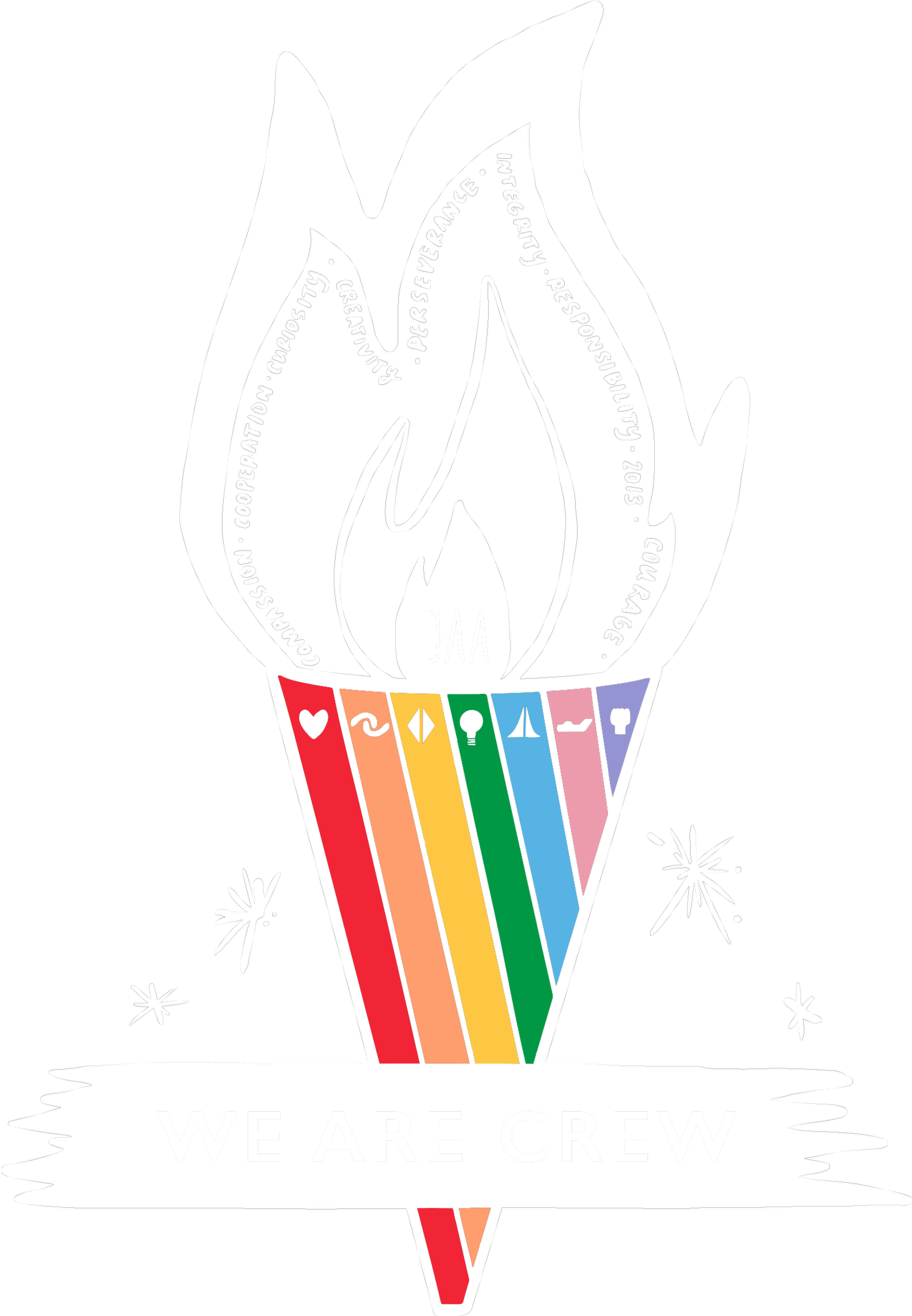Student Led Conferences
A unique tradition at DAA is the use of student-led conferences to communicate progress, goals, and share work with families. Even at the Kindergarten age, students take charge of communicating what they are learning about, what their strengths are, what their growth areas are, and how families can support them at home. The process of reflecting on work and communicating this with families (instead of just the teacher communicating these goals) really allows students to take ownership of their learning throughout the year, and to truly understand what goals are and how to move towards them.
This year, we thought about what a high quality student portfolio would look like and supported students in creating a portfolio that we added to over time. Each student selected work they were proud of and work that they needed support with. They reflected in writing on each piece of work, whether it be a math test, a final writing product, a story they read aloud, or spelling practice. Students also reflected on their Habits of Character, selecting one they feel they did a great job of and one they are still working on. We made sure to include time for oral reflection in each lesson, so that when it came time to record reflections on work in writing, students were comfortable and familiar with the process.
Students also spent time practicing talking about and reading aloud their reflections. We did this in Morning Crew, with partners, and during Centers and Labs time, with a teacher to give feedback. Students practiced reading loudly and clearly, and pointing to specific examples of their strengths in their work.
This year in first grade, our first conference was teacher-led, but then we gave students 2 rounds of student-led conferences, first in the spring, and again in June! It was incredible to watch students gain confidence and comfortability with talking about their work and reading their reflections. In the spring, some students needed some teacher support in coming up with ideas to include in their reflections, or to recall what they reflected on. But by June, students were confident, proud, and clear. They asked their families what questions they had, they demonstrated different strategies they learned in class, and they shared ways their family can support them with skills they need practice with in the summer! Great job, students!


